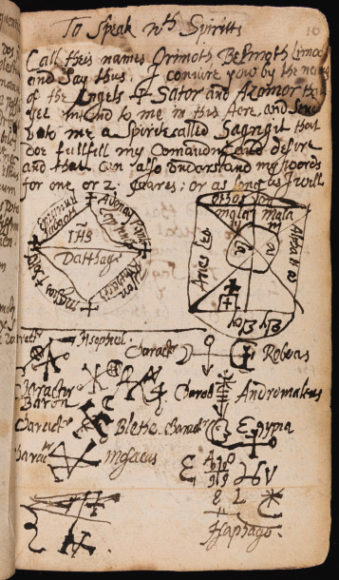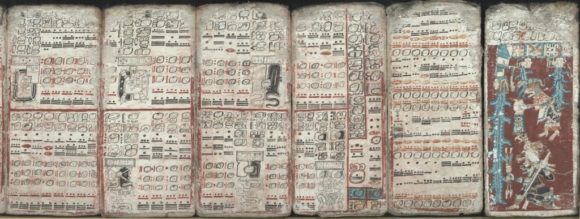It’s Friday the 13th in October. How’s your triskaidekaphobia doing?
A Friday the 13th in October is very witchy indeed…
From National Geographic,
Friday the 13th Is Back. Here’s Why It Scares Us.
Find out how the date got its unlucky reputation and how even nonbelievers may be influenced by our collective triskaidekaphobia.
By Brian Handwerk
“As if October wasn’t spooky enough, this year the creepiest month also features the return of Friday the 13th.
October 13 is the second ill-fated Friday to fall in 2017. And while January the 13th wasn’t especially sinister, it seems that no matter how many such moments pass us by, the dreaded day continues to inspire unease and fears of misfortune.
There’s no logical reason to fear the occasional coincidence of any day and date. But Friday the 13th can still have noticeable impacts. Sometimes we create them in our own minds—for good and ill.
Jane Risen, a behavioral scientist at the University of Chicago Booth School of Business, has found that superstitions can influence even nonbelievers. In one study, Risen found that people who identify as superstitious and non-superstitious both believe a bad outcome is more likely when they’ve been jinxed, such as by stating they definitely won’t get into a car accident…”
For the rest, click here.
And from HuffPost, here’s another piece that may interest you today: Friday The 13th – Why Is It Considered So Unlucky?
Share


